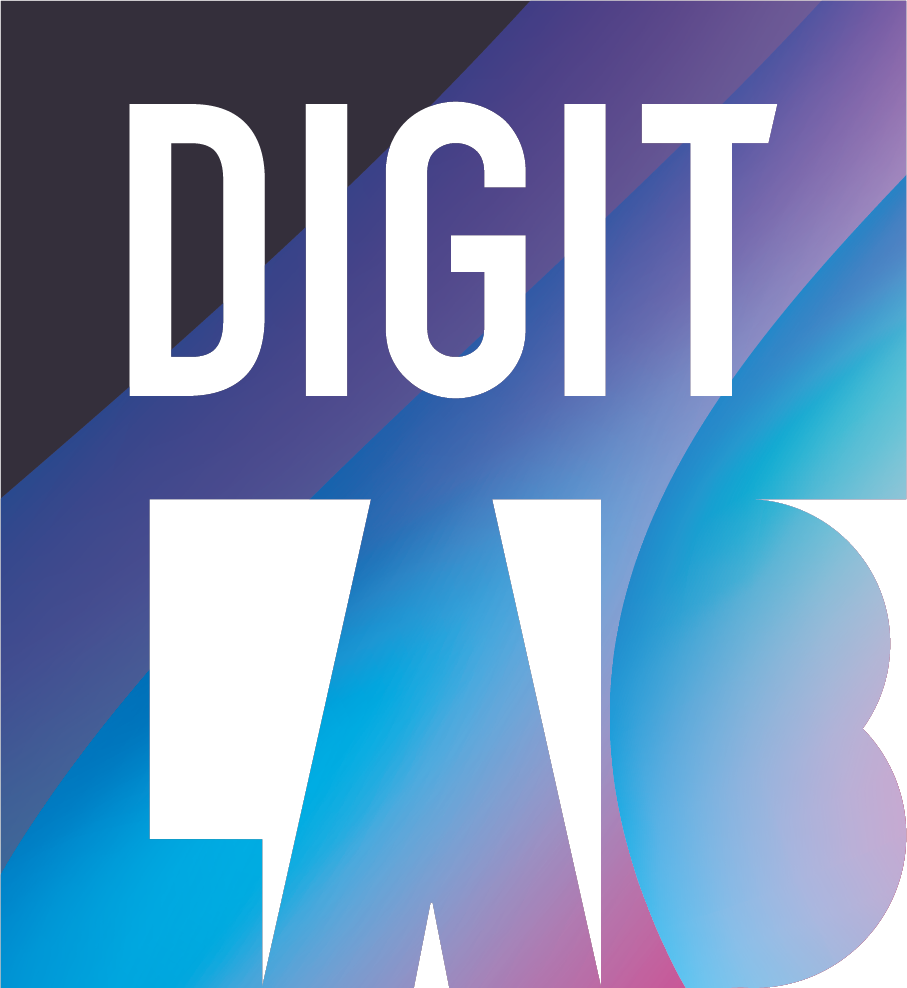
Funded Value:
£983,000
Funder:
EPSRC
Project Status:
Active
Project Reference:
EP/R033838/1
Lead Research Organisation:
University of Warwick
Principal Investigator:
Irene Ng
Co-investigator:
Professor Roger Maull
Personal data privacy is one of the most controversial topics of the Digital Revolution (see the whole argument around Surveillance Capitalism). INDEX’s view is that privacy-preserving technologies must keep pace with state-of-the-art technological developments. Dynamically personalised technologies operate by collecting personal data, analysing it to infer knowledge about the user, and providing in-the-moment responses that add value. However, the privacy implications of this technology are extensive and have not been adequately researched.
DROPS addresses the vital consideration of privacy, by examining the issues that arise from the development of personalised e-books for children, one of the most important privacy-preserving topics it’s possible to imagine. Our focus on children’s reading is motivated by evidence showing the value of personalised e-books for learning and reading enjoyment, and by the lack of research that engages with the range of privacy issues that these technologies introduce.
Goals:
To develop a ‘ThingsSpace’ that manages the computational process of personalising technology, such as e-books, in such a way that a child’s personal data is protected. It uses an existing personal data store, the HAT (Hub of All Things), to store personal data subsequently used by the e-book’s algorithm to adapt to the child’s pedagogical needs. It is important to emphasise that at all points the user maintains control of access to their own data.
DROPS uses ThingsSpace as a springboard to document and evaluate the privacy, trust and identity issues resulting from its design and use. This evaluation will lead to the development of different economic and business models creating a feedback loop with the technical design.
For all the project stages, we will co-create the technology with future end-users of ThingsSpace (publishers, SMEs, designers of personalized digital products), and, with end-users of personalised e-books (teachers, parents, children). In order to understand different stakeholder perceptions and expectations of personalised services and the data generated by them.









